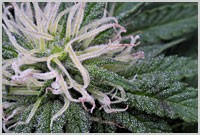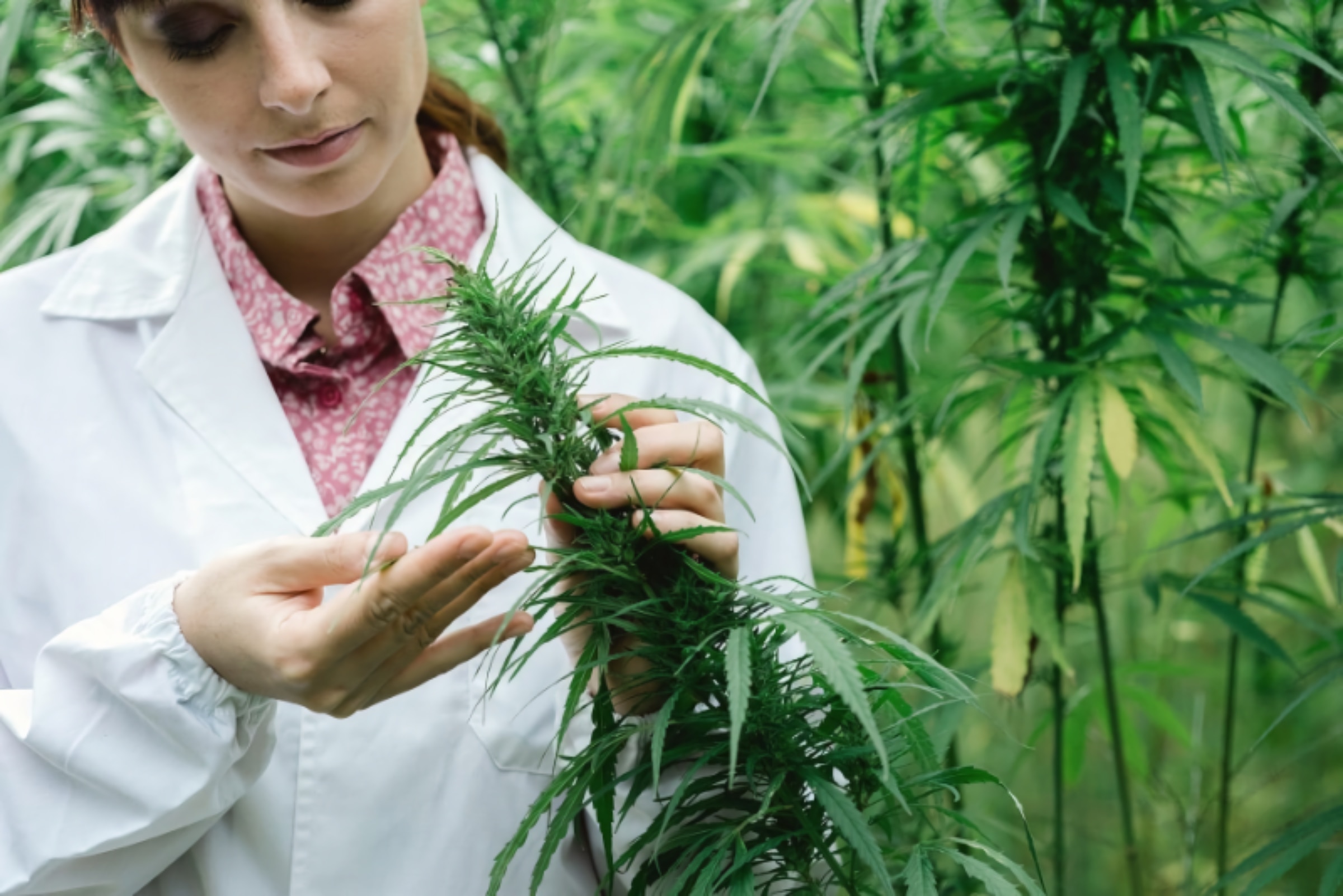 The use of herbal cannabis is associated with reductions in self-perceived insomnia severity, according to data published in the online, open-access journal Medicines.
The use of herbal cannabis is associated with reductions in self-perceived insomnia severity, according to data published in the online, open-access journal Medicines.
University of New Mexico researchers assessed the influence of marijuana use on self-perceived insomnia severity levels in 409 subjects. Study participants recorded real-time ratings of their symptom severity on a zero to 10-point scale using a mobile software application.
Authors reported that subjects “experienced a statistically and clinically significant improvement (-4.5 points on a zero to 10-point scale) in perceived insomnia levels. However, products made with C. sativa were associated with less symptom relief and more negative side effects than products made from C. indica or hybrid plant subtypes.” They added, “CBD potency levels were associated with greater symptom relief than were THC levels.”
Researchers concluded: “[O]ur results show that consumption of cannabis flower is associated with significant improvements in perceived insomnia with differential effectiveness and side effect profiles. The widespread apparent use of cannabis as a sleep aid underscores the importance of further medical research regarding its risk-benefit profile and the effectiveness of cannabis as a substitute for other substances, including alcohol, over-the-counter and prescription sleep aids, and scheduled medications (e.g., opioids and sedatives), many of which are used in part as sleep aids.”
Full text of the study, “Effectiveness of raw, natural medical cannabis flower for treating insomnia under naturalistic conditions,” is available online here.

















